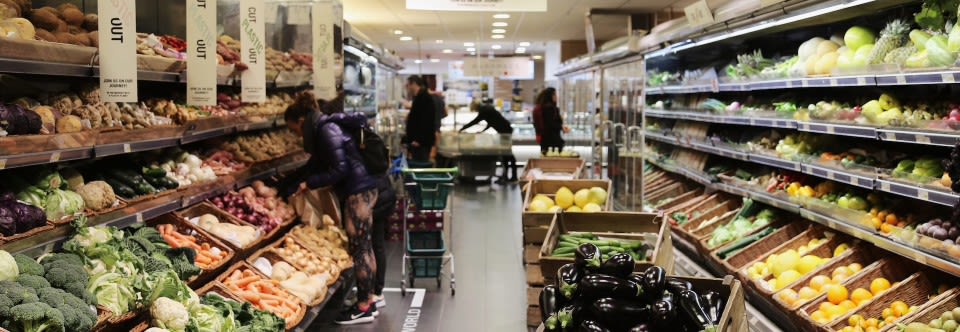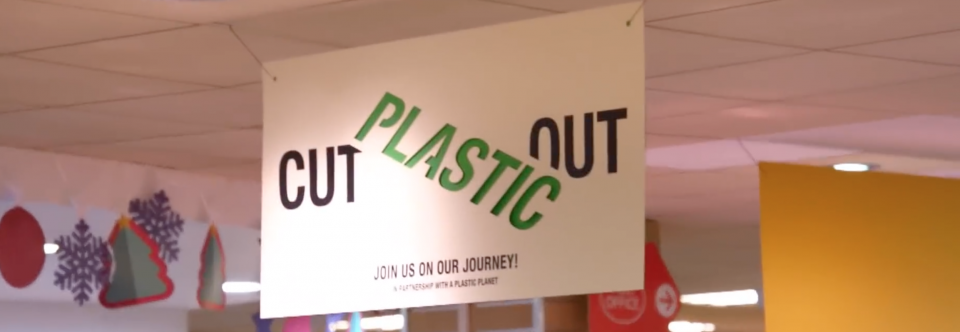The Tide of Change
Rising sea-levels, Plastic Pollution and unsustainable fishing
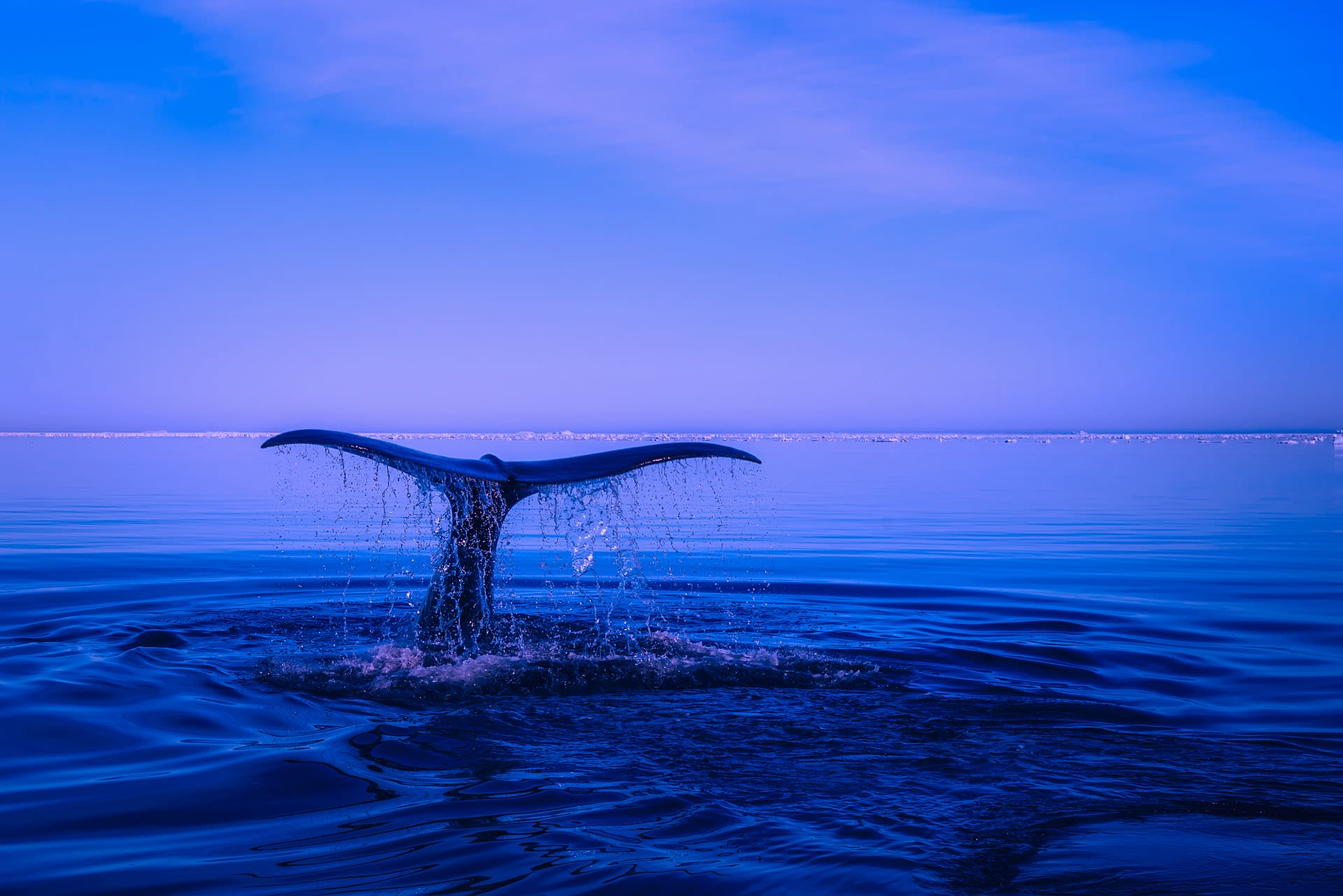
Helen Webb is a keen diver. For the last 15 years she has travelled all over the world, diving into some of the most picturesque oceans and swimming amongst some of the most eye-catching marine life however on a trip to the Maldives not so long ago, it wasn’t the fish that caught her eye. There, past the coral and hiding underneath the Reef Fish, Turtles and Sharks she was sharing the water with, was a discarded TV!
Not exactly the sort of creature you expect to encounter in South East Asia but as Human belligerence continues to affect the natural world around us, sights like this are becoming all too commonplace and Helen has noticed a depletion in the oceans year by year: “I’d go back to the same places year on year and see far less fish and far more pollution. One time I came up from the dive and there was oil covering my wet suit”
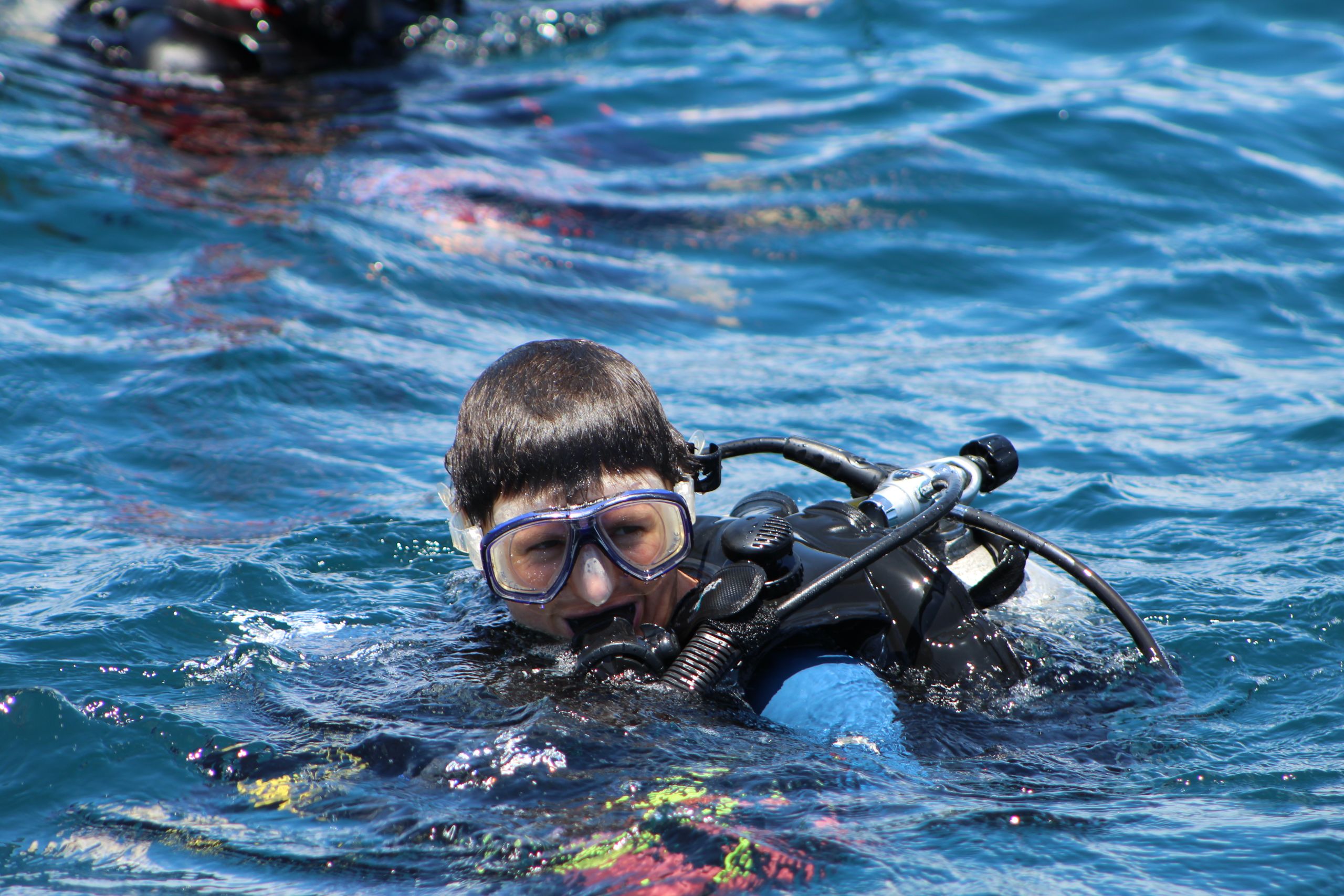
Helen Webb, Co-Founder of Sea Changers
Helen Webb, Co-Founder of Sea Changers
It was the noticeable changes going on underwater that inspired Helen to set up Sea Changers with partner Rachel. The couple wanted to do something to help the depleting oceans but living in land locked Leicester, decided instead to set up an organisation to raise money for marine conservation projects across the UK. The money goes into looking after beaches and oceans and to protect species. The sixth mass extinction, has hit the oceans hard. This is largely due to the 12 million tonnes of plastic that end up underwater each year and the practice of over-fishing. Due to the 1-3 trillion fish killed for food every year, it is highly likely that humans are at some stage digesting plastic too. Over just 40 years there has been a decrease recorded in marine species of 39%.
During the last 15 years Helen has noticed dwindling numbers of
- Tuna Fish (Mediterranean)
- Seahorses (UK)
- Sharks (Caribbean)
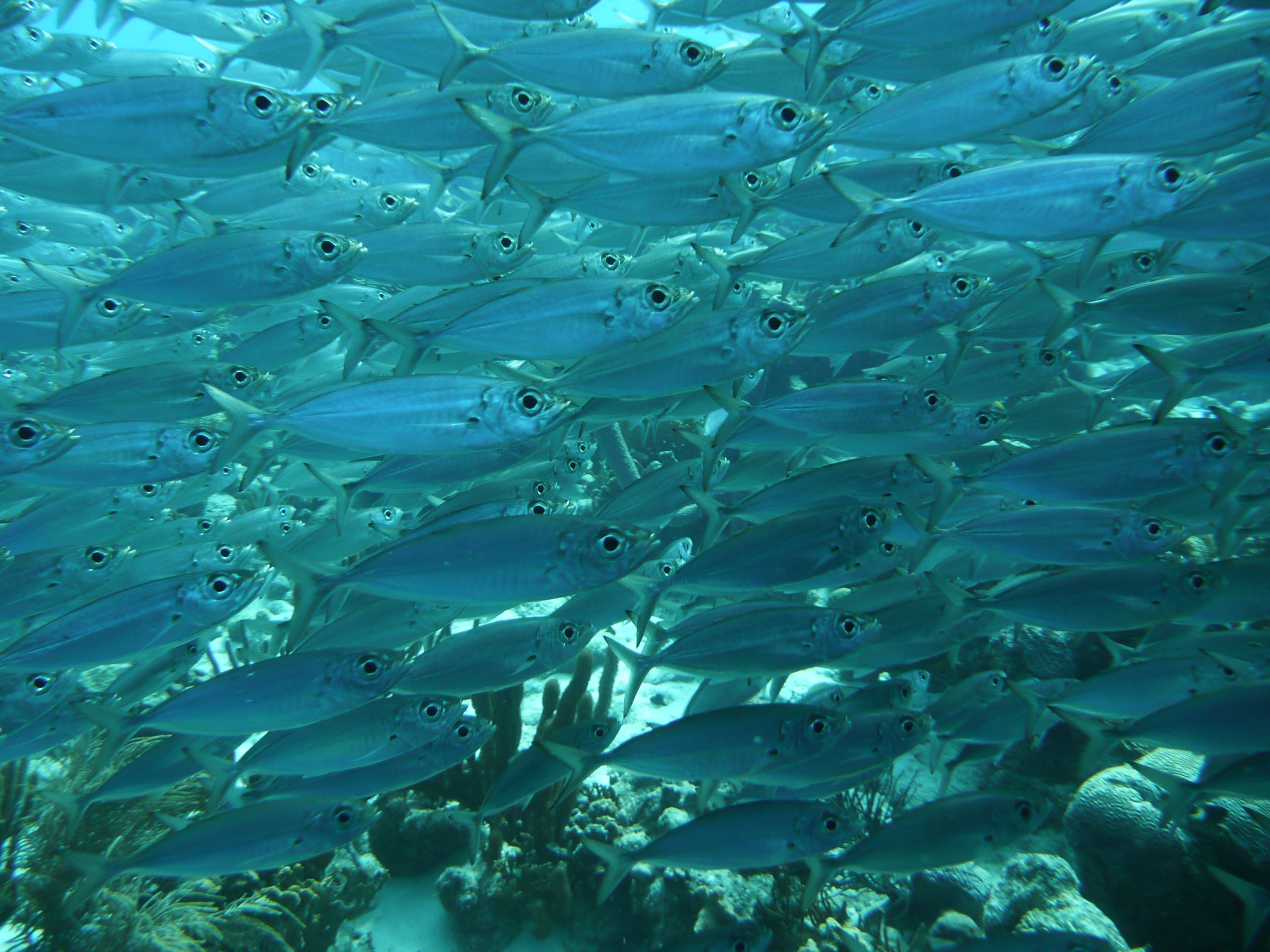
Credit: Helen Webb
Credit: Helen Webb
A whale washed up on a Sardinian beach recently and inside her stomach, along with her unborn calf was 50 tons of plastic. Sadly, this is not the only tragedy of the ocean.
Turtles who are on the brink of extinction, often mistake plastic bags for Jellyfish and consequently die as a result, the buoyancy of the plastic makes it harder for them to dive for food and the bags get entangled in their digestive system. Over 100,000 marine animals die annually from plastic, either from consumption or from entanglement.
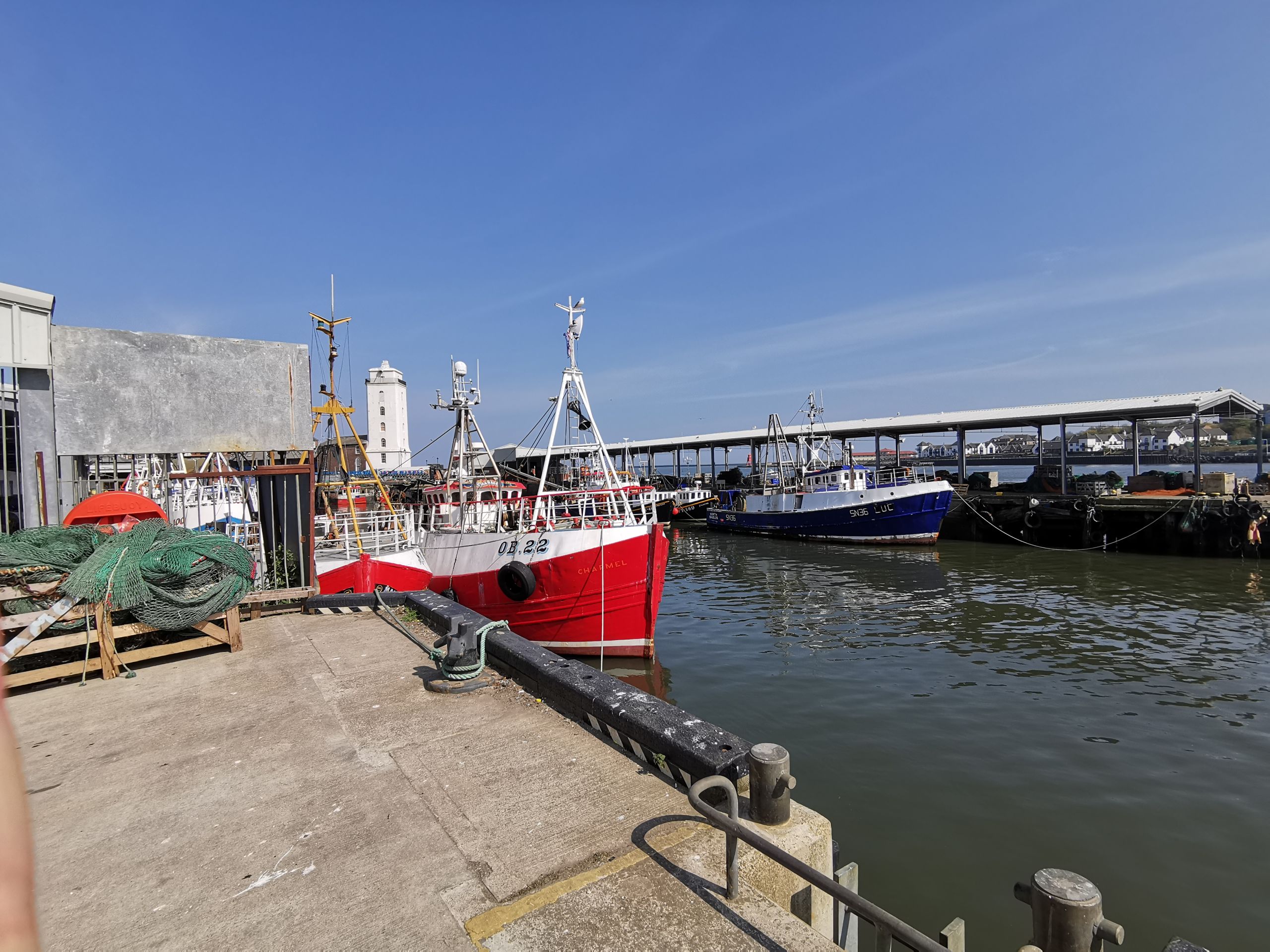
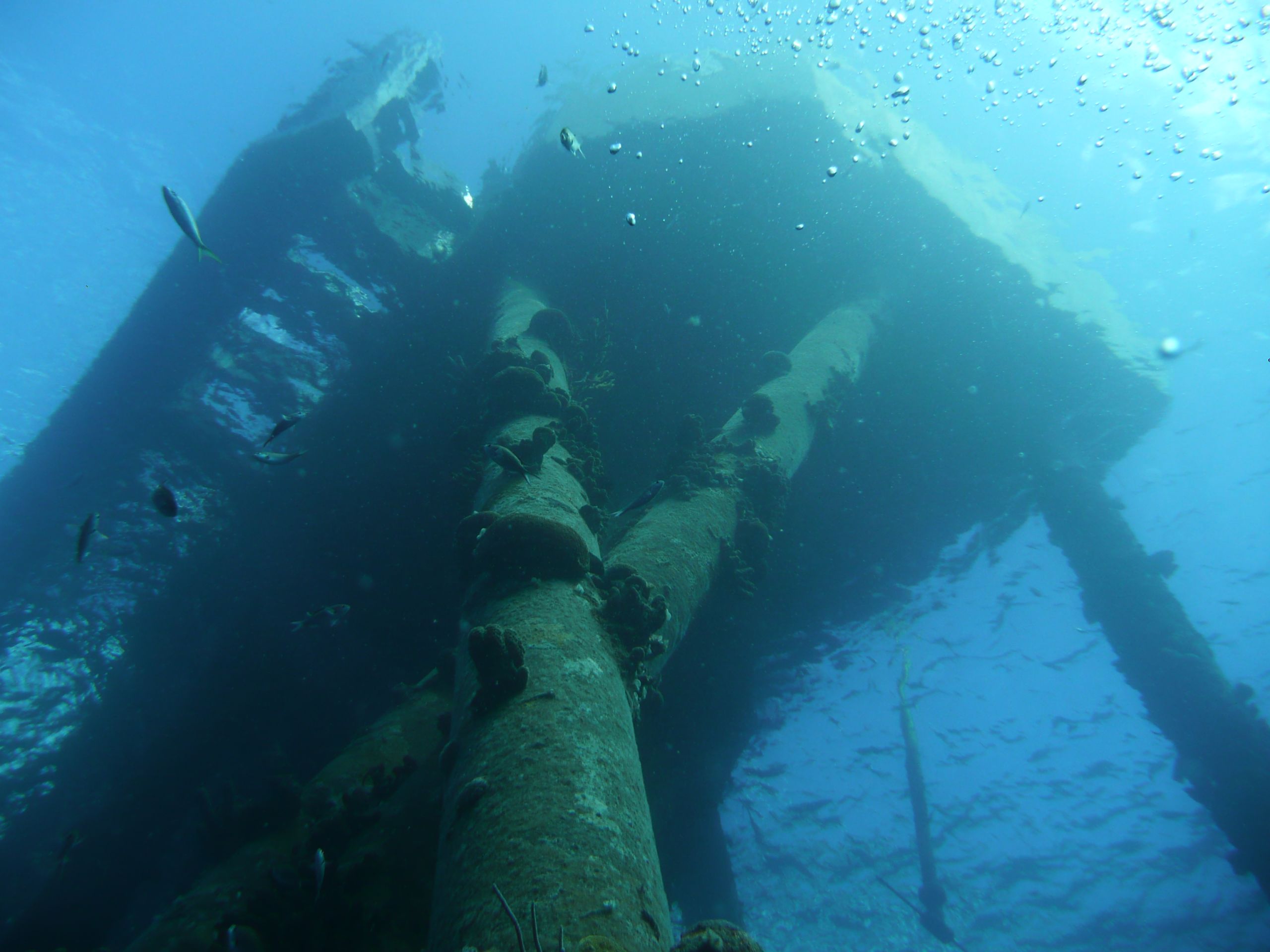
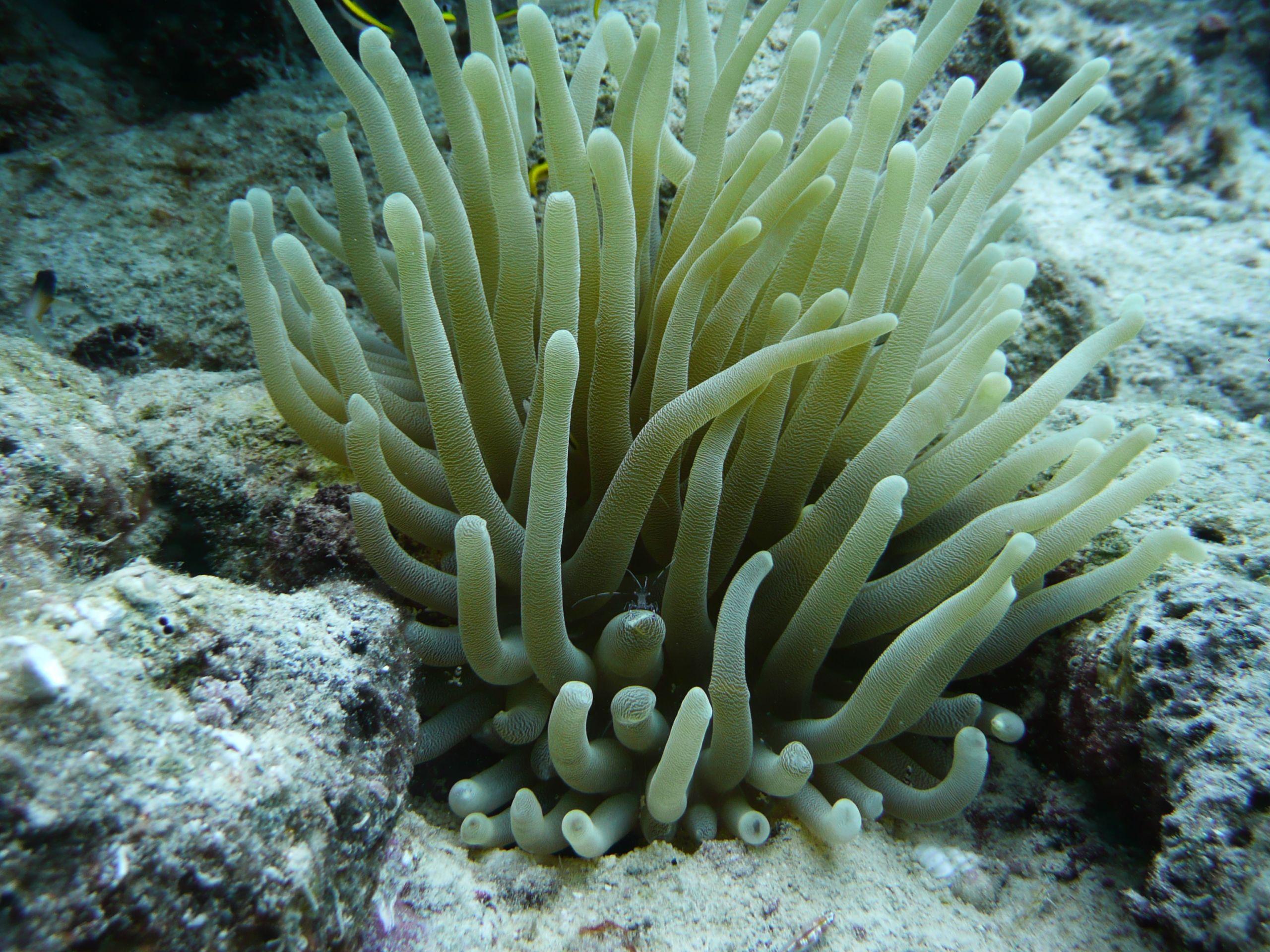
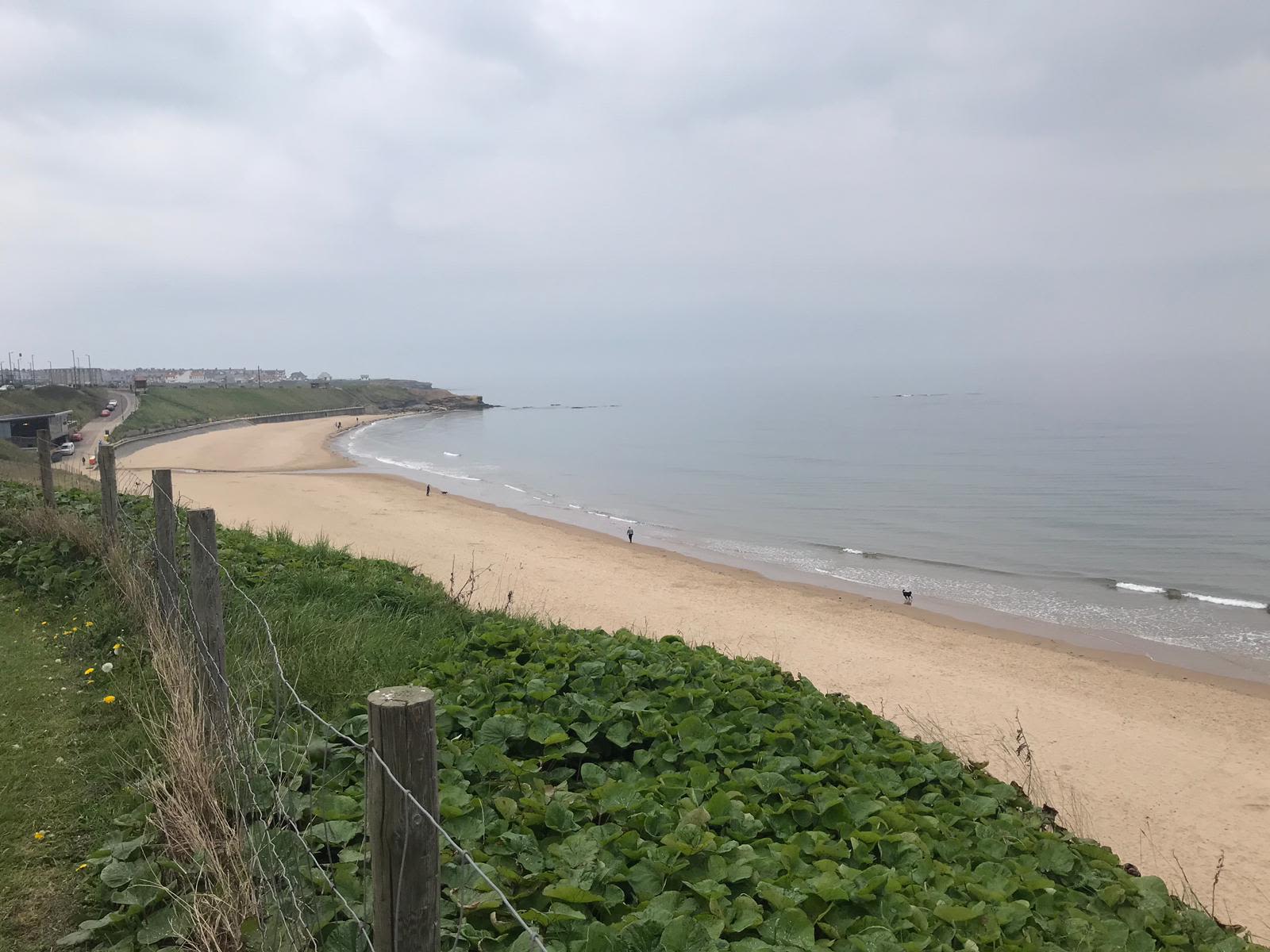
It has been predicted that by 2050 there will be more plastic in the ocean than fish .
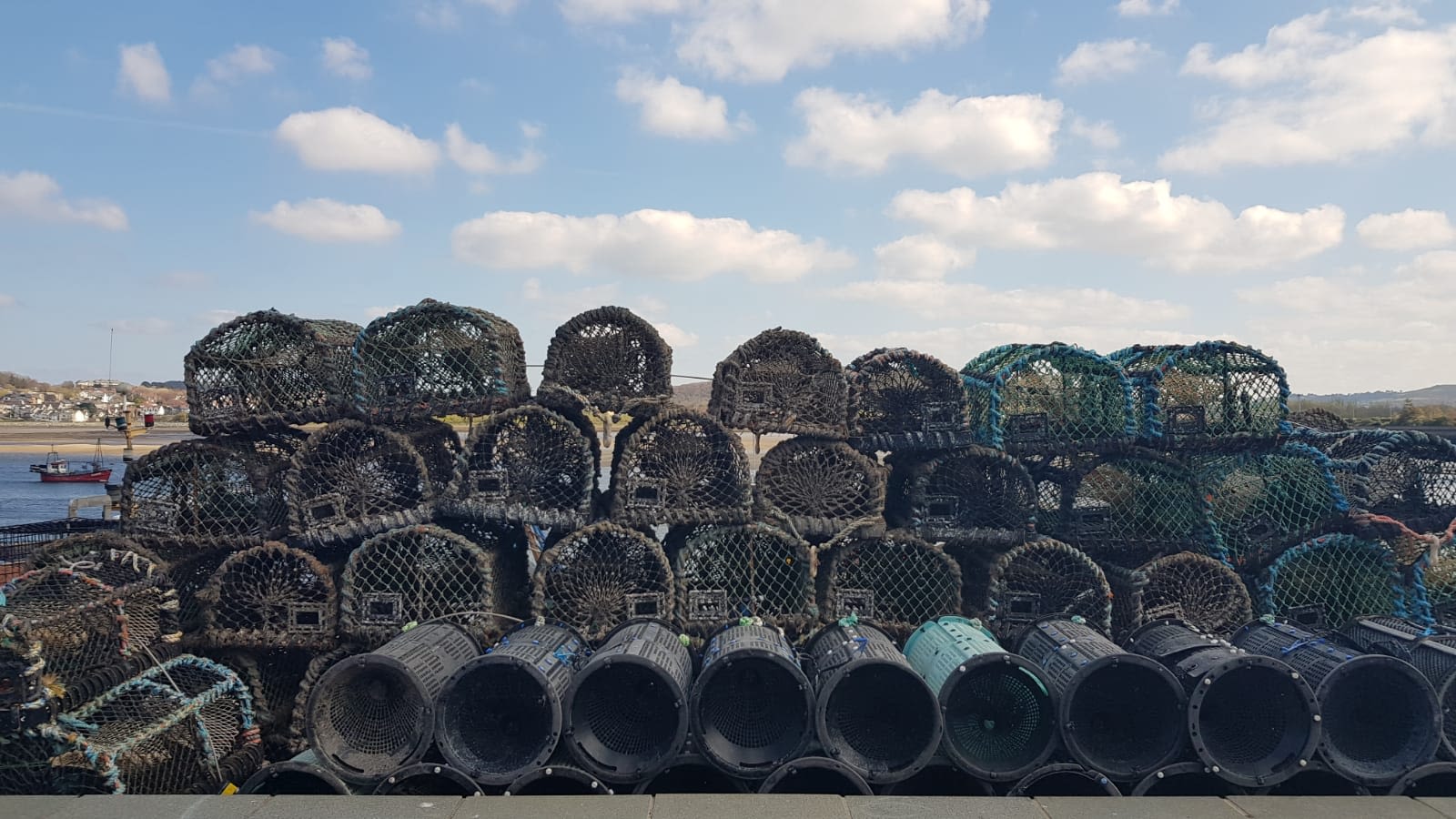
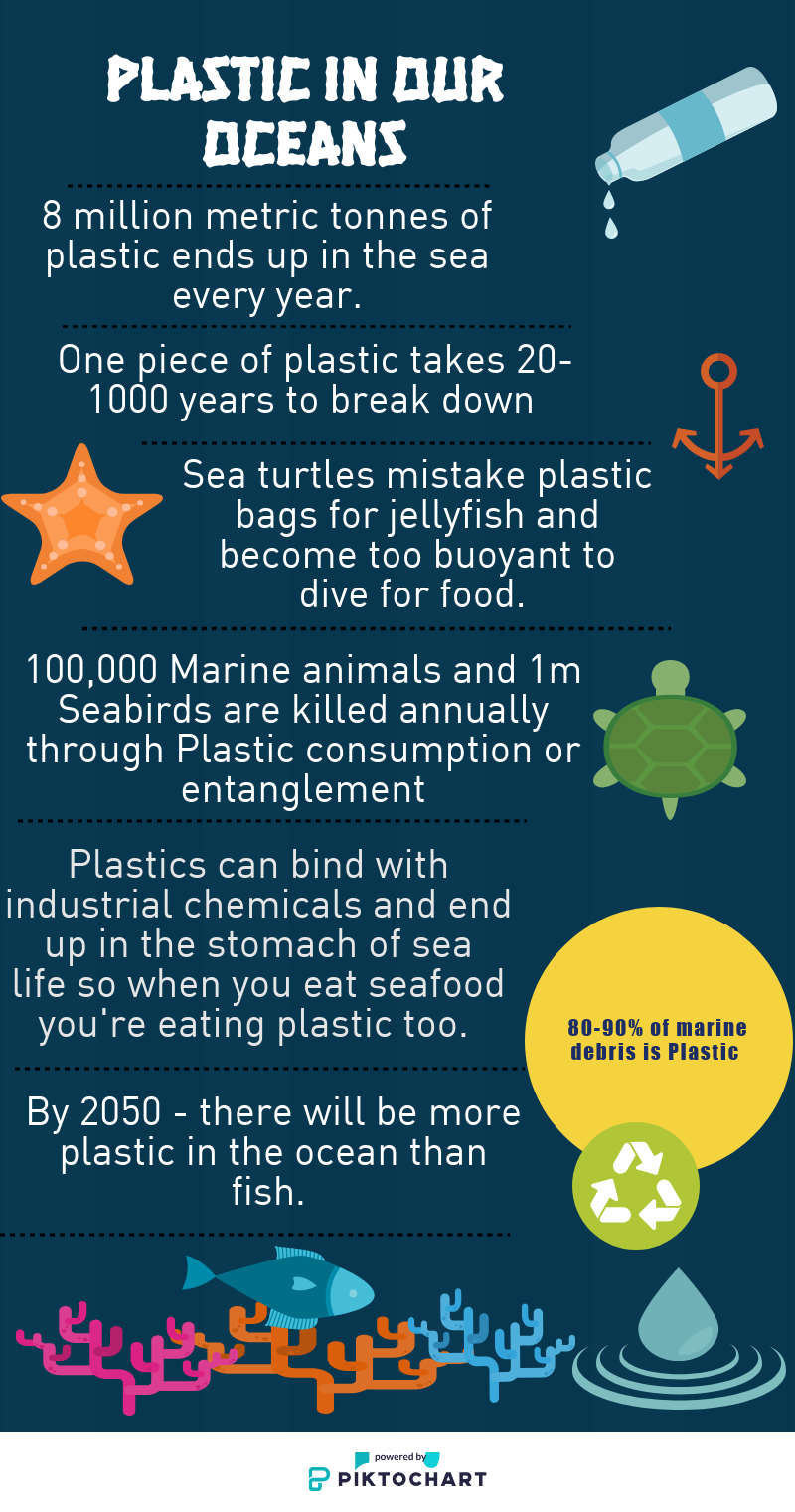
Over 80% of all plastics found in the ocean are from land-based resources and are nearly all single use plastics such as straw and cigarette butts.
It is not just below sea level that is affected, 1m seabirds are also killed each year by plastic pollution. All this loss of life because of human waste is deplorable but is there a way of completely removing plastic from our seas and from our lives?
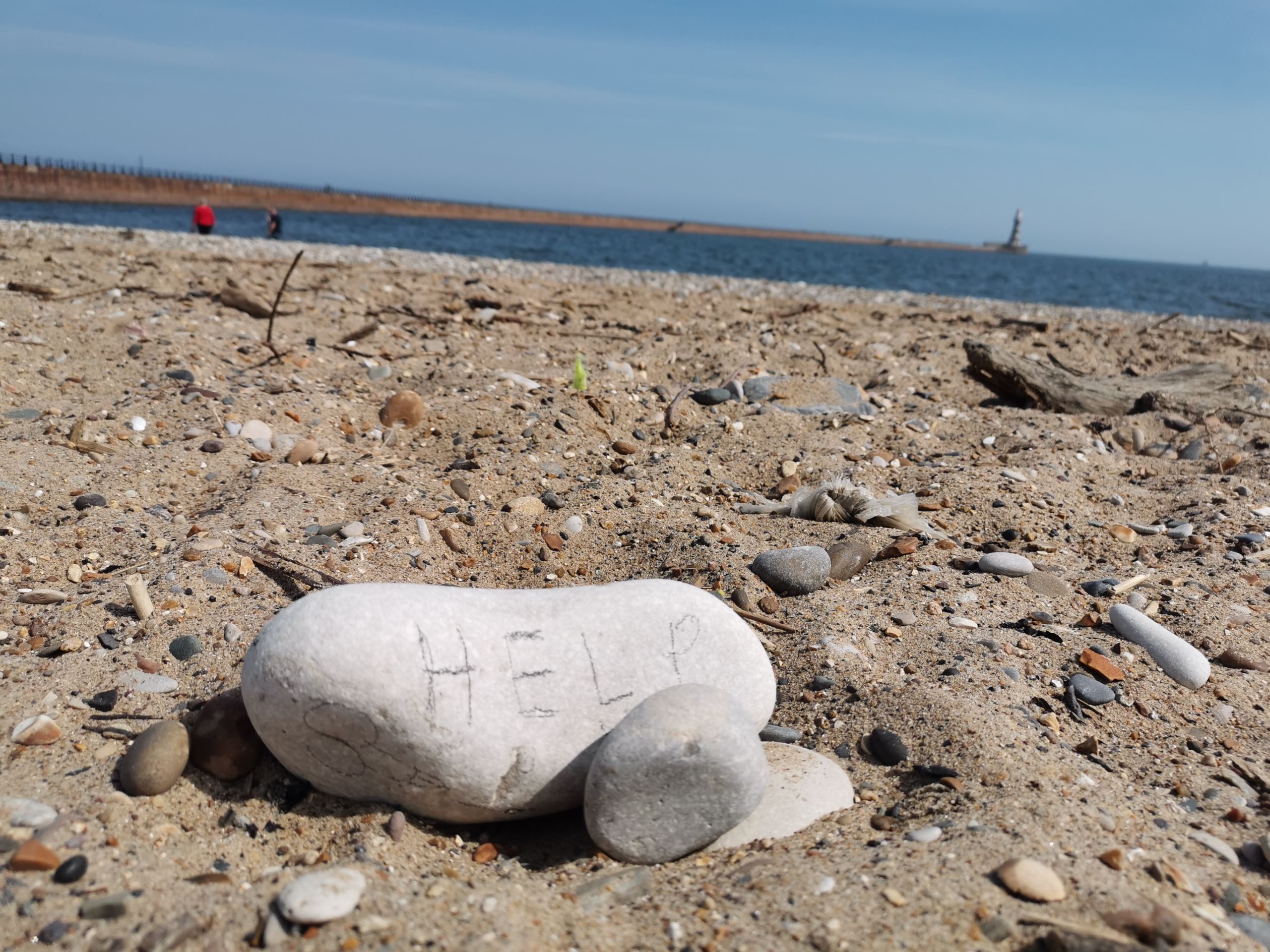
Credit: Lauren Kennedy
Credit: Lauren Kennedy
“We are starting to see the consequences (of Climate Change) already on our doorstep – there is litter everywhere and the animals that are living right next door to us are suffering because of our litter and our plastic waste. We see all the time on the TV that it’s marine life and it is! But it is equally right next door to us as well.”
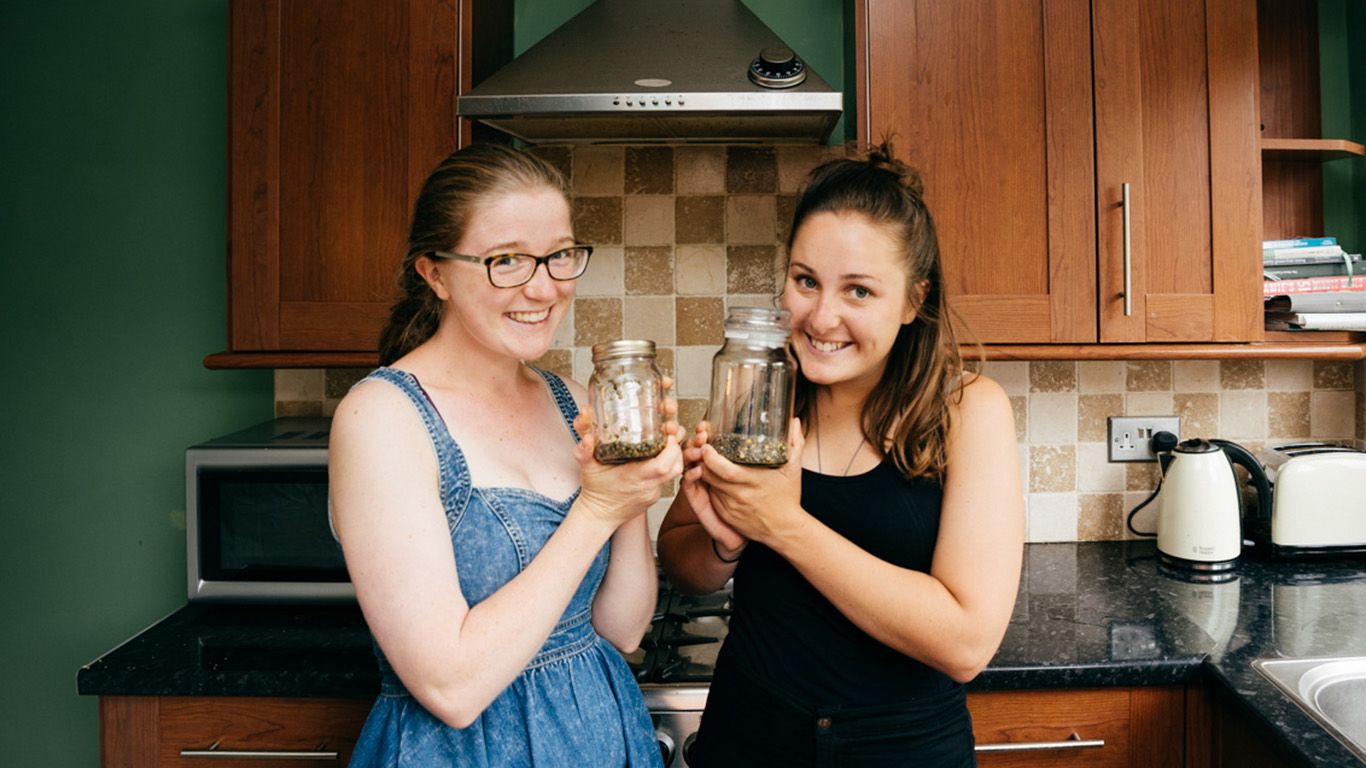
Charlotte Watkivs and Anna Richardson - A Zero Waste Life
Charlotte Watkivs and Anna Richardson - A Zero Waste Life
Charlotte Watkivs started the blog Zero Waste Life with friend Anna Jackson after the pair decided to try zero waste for a year and see how it went. Charlotte and Anna have stuck to their zero waste lifestyles after the year was up and regularly update their blog with tips, tricks and completely honesty about struggles they’ve faced.
“we live in quite a consumerist world and we’re always told we need more stuff so the journey was hard at times but there is so much benefit out of living waste free – saved money by reusing products, we started eating better because we couldn’t just pick up junk food on the go and had to pre plan meals and also just a feeling that you’re helping save the world”
Charlotte fears for future generations if we don’t start reducing our emissions and treading lighter on the planet however recognises that for some people face more of a challenge than others, she said: “People have to make a difference using the resources available to them, it is way better to try your best with what you do have available and tell others what you are doing and why, than to be perfect or completely zero waste (it’s impossible!) If we are all making more conscious decisions, then we are moving in the right direction”
Natasha Tyler, Founder of The Kind Store , which sells Vegan, Natural and zero waste products agrees with Charlotte that it is completely dependent on circumstances how far you can actually go with living plastic free.
“I would like to say that living ‘less wasteful’ and ‘more ethical lives’ is relative and dependent on so many aspects; your location, income, availability, time, accessibility, society and government. But, as consumers we do have power and that power is in our wallet.”
She continued: “As consumers we are so far removed from the products we use every day; where the material came from, where it was made, how it was made, the waste in the process, poor working conditions, associated emissions air miles etc. If the entire process was transparent we would question it. From eating meat to purchasing a £2 t-shirt, if you saw the realities of how that ended up in a shop wrapped in plastic – you would question it.”
Tasha founded the store after becoming Vegan and like only vegans will know, became an expert label-checker to ensure the products were cruelty free etc. She soon realised the amount of toxins that go into most toiletries; Parabens, SLS and even Aluminium!
Since starting the store, she has noticed a rise in the plastic free movement and is heartened by peoples intentions to reduce plastic waste however reminds us that is only a small step in the right direction and there is still a long way to go.
“Around 46% of plastic in the ocean is from fishing gear so in fact not eating fish will have a bigger impact than not using a plastic straw but it is still important! This planet and everything on it is incredible. The planets health is ultimately what we rely on and we’ve been abusing it for too long.” She said.
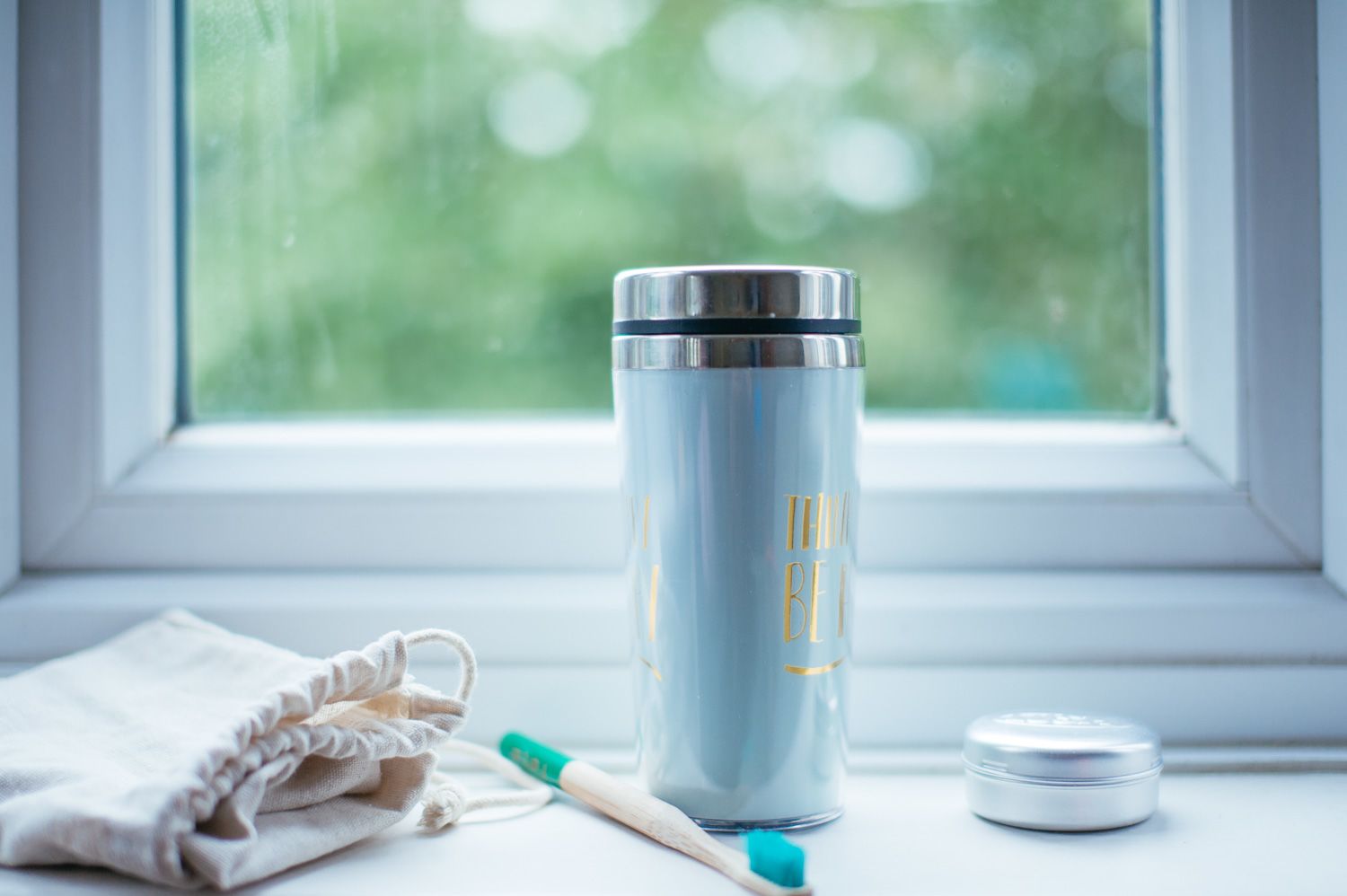
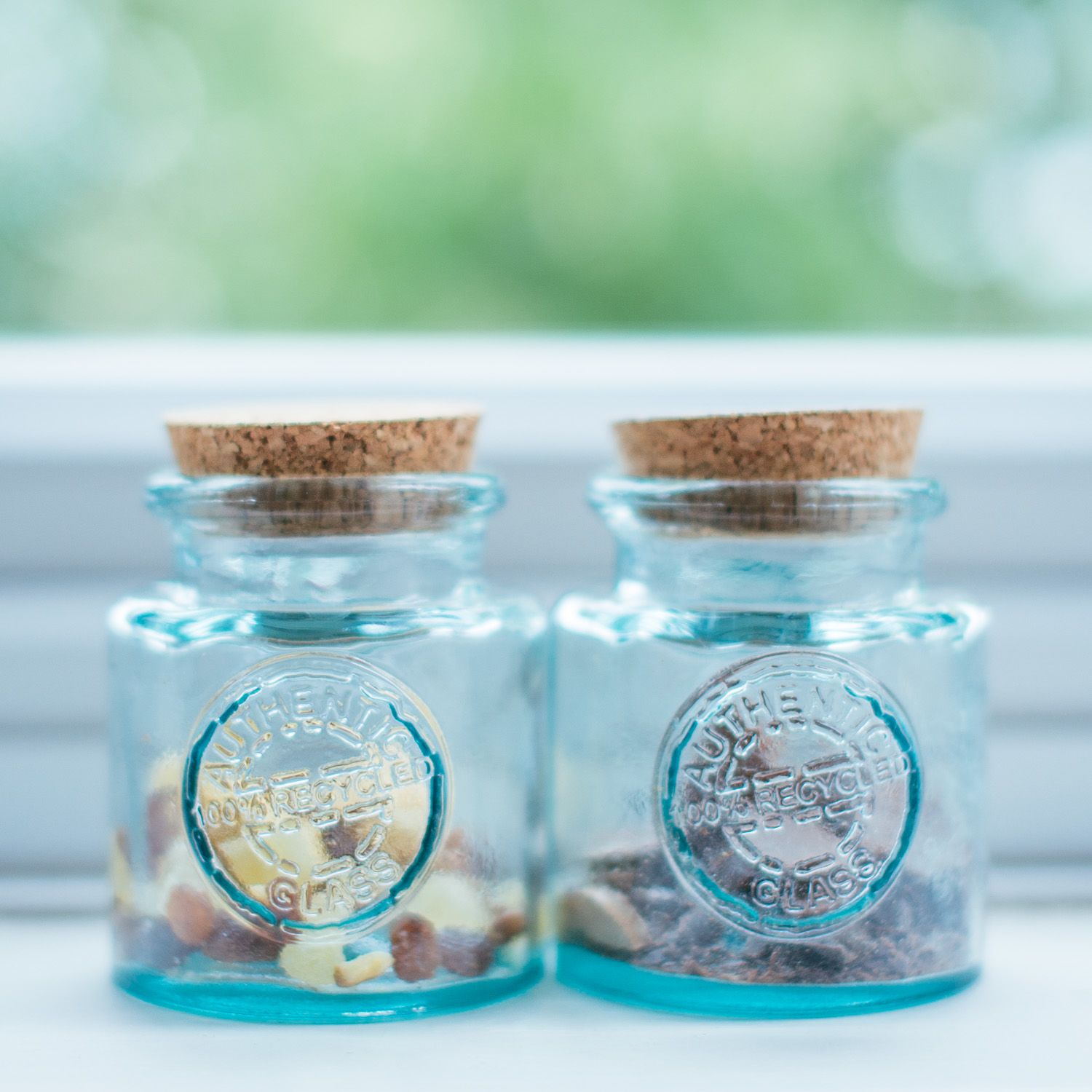
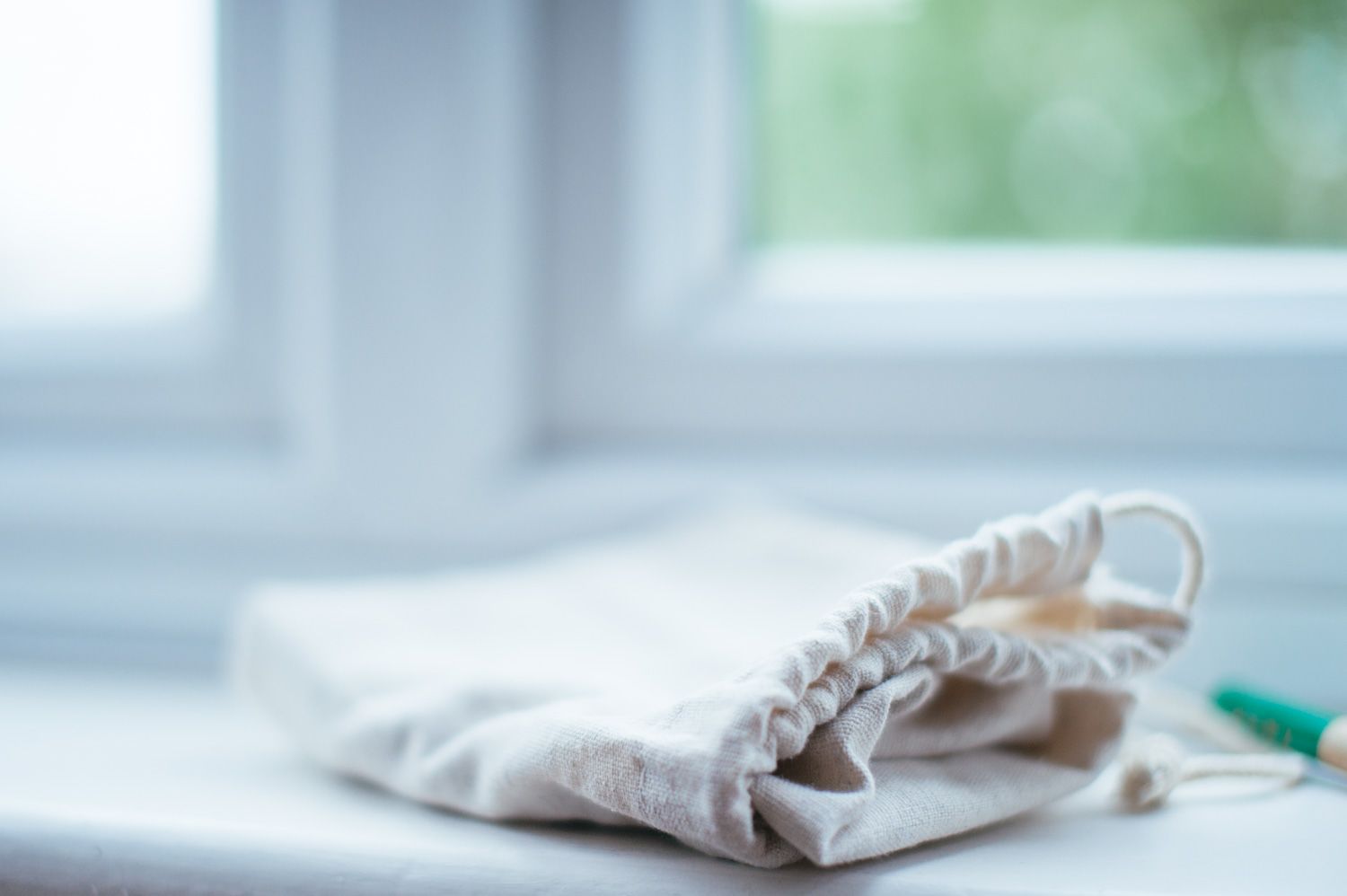
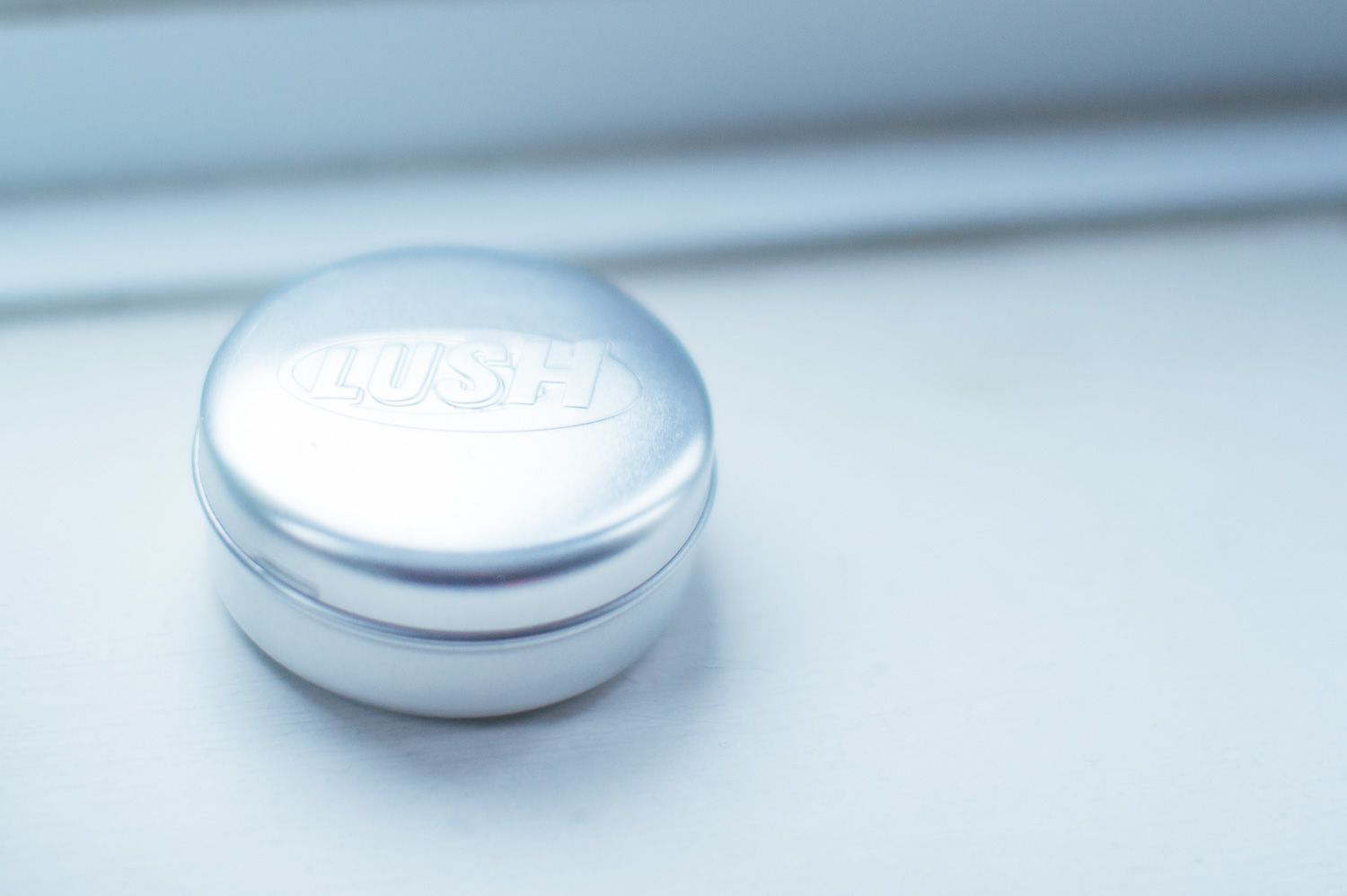
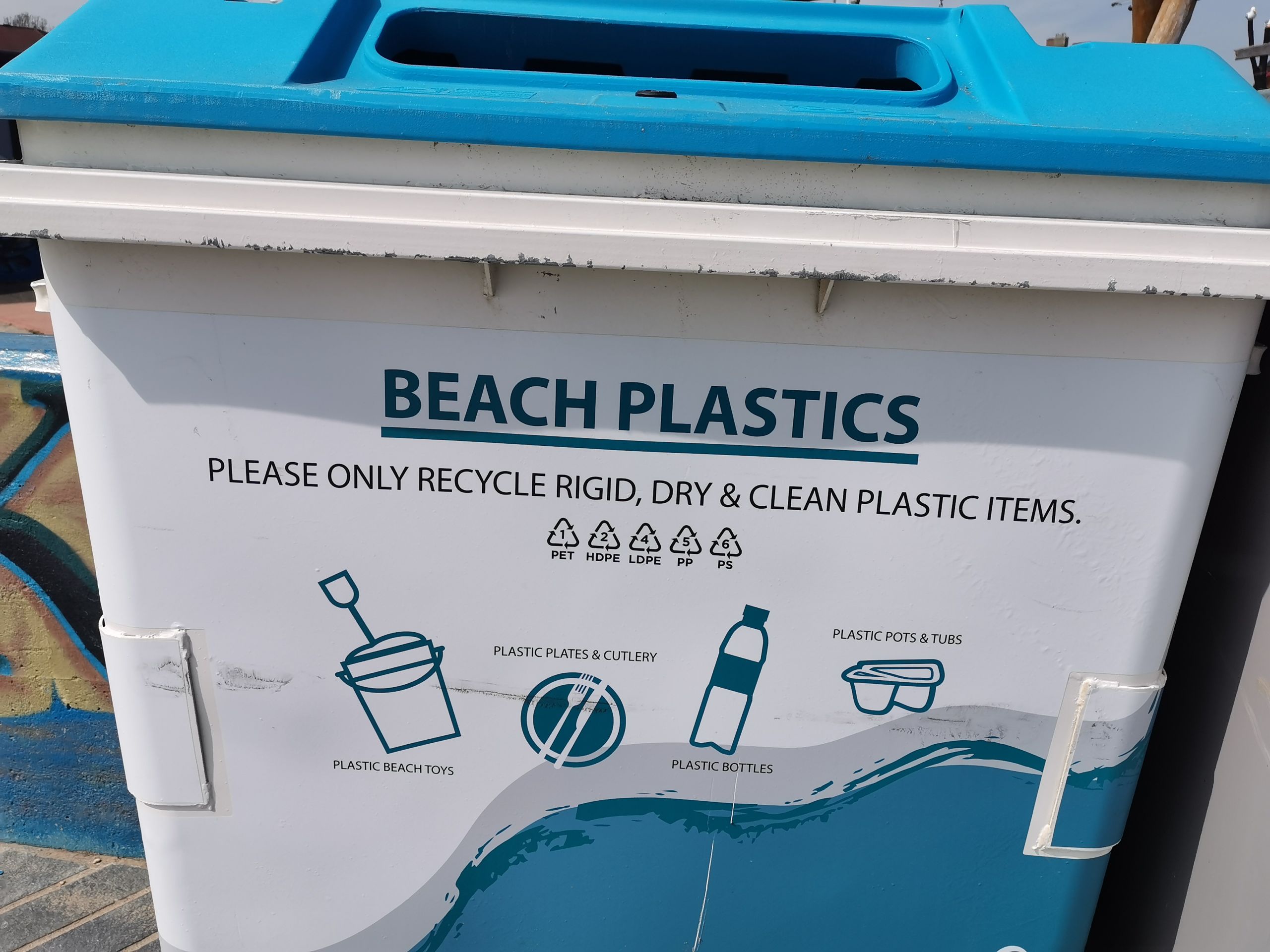
The UK’s first plastic free supermarket opened its doors 2018 and set a trend for big chains like Tesco to begin to go plastic free. Thornton Budgens, which initially opened in 2006, intends to be entirely plastic free by 2021 but most of its lines are now either entirely without packaging or in recyclable packaging which is a major development for Britain. The company owned by Andrew Thornton won Most Sustainable Retailer of Year in 2011.
Kate Avgarska, Manager of the store said: “It’s great news to see a big player (Tesco) take this type of pro-active action, we are meeting many of the larger companies and the more exposure we get and the more we challenge them to do so (as we do at every opportunity), the more chance they will - they are seeing it’s a huge issue for consumers.”
Whatever we do. If we don’t all do something, we won’t be around for much longer. As climate change is causing rising sea levels, Britain will be one of the hardest hit in years to come.
“As we're an island nation, and relatively low-lying in parts, we exist very much with the good grace of the water cycle. Climate Change will disrupt sea levels, rainfall, extreme weather and drought. The most fertile land for farming is in river deltas, and these areas are the most flood-prone. So without reliable farming lands, we'll be more reliant on imported foods. Globally, rising sea levels will reduce agricultural resources, so there's no guarantee there will be an excess of food in any country available for use to impor
For Zero Waste Lifes handy guides on going waste free click here
